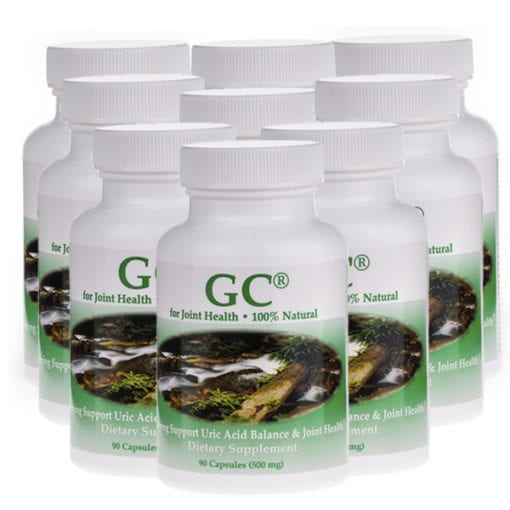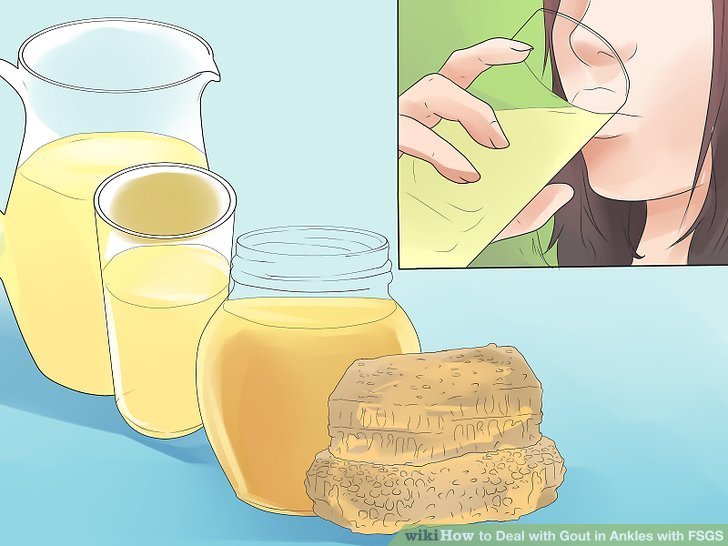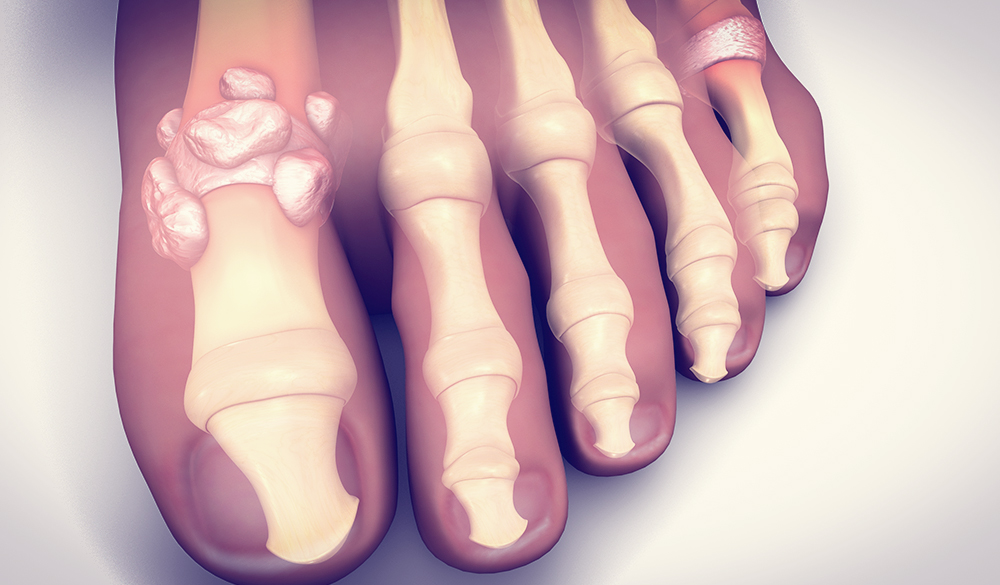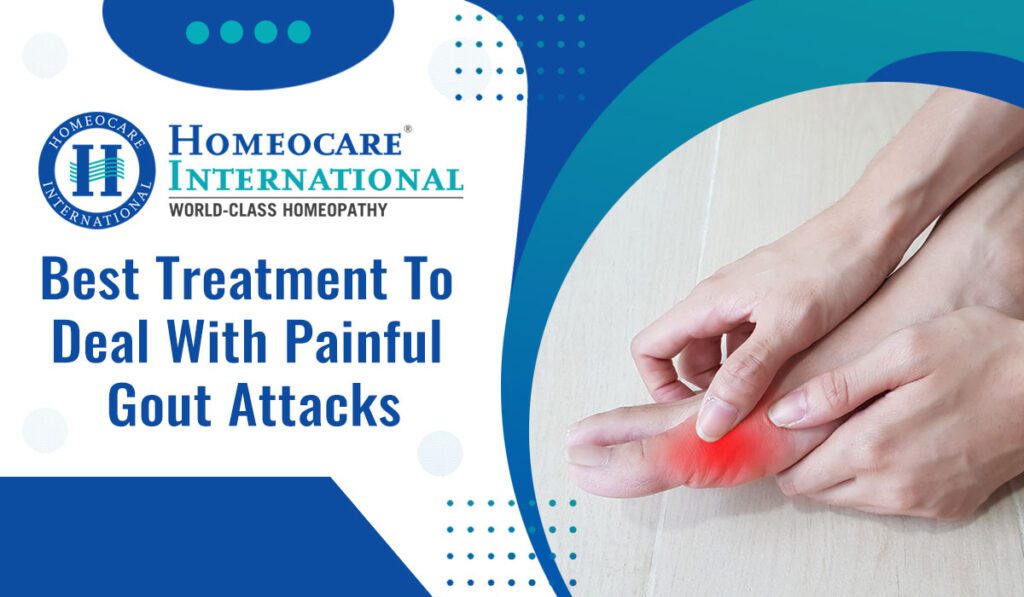Simple Tips About How To Deal With Gout

Gout that goes untreated can lead to worsening pain and joint damage.
How to deal with gout. Gout medications are available in two types and focus on two different problems. Maintaining a moderate weight can help lower blood uric acid levels and improve overall health. It usually affects one joint at a time—often the big toe—but it can affect other joints as well, including the elbows, wrists, ankles, and knees.
A healthcare provider will suggest medications and changes to your diet that will lower your uric acid levels and minimize how often you experience gout attacks in the future. In some cases, you already may be taking medicine like. Gout symptoms come and go (recur) in episodes called flares or gout attacks.
Gout sufferers find the chemical harder to metabolise, so avoiding consuming large amounts of high purine foods is advisable. The first type helps reduce the inflammation and pain associated with gout attacks. It occurs in people with hyperuricemia (high uric acid levels in their blood).
Beef, lamb, game, offal, and some seafoods such as mackerel, mussels, anchovies, sardines,. Avoid aspirin and other medications that contain acetylsalicylic acid, which can make your gout worse. Coffee cherries or cherry juice plenty of water.
Get a diagnosis if this is the first time you have had an attack, see your doctor immediately. Once a rheumatologist has diagnosed and effectively treated your gout, a primary care provider can usually track your condition and help you manage your gout. Treatment prevention frequently asked questions gout is a type of inflammatory arthritis that can be very painful.
People with gout who follow a gout diet generally still need medication to manage pain and to lower levels of uric acid. If you experience sudden, intense pain in a joint, call your doctor. Depending on your medical history, your doctor may prescribe steroids or other medicines to reduce inflammation, such as colchicine (colcrys).
April 26, 2023 approved experts agree that gout attacks may come on suddenly and typically cause pain, swelling, tenderness, and redness in your joints. If the pain and swelling does not improve you may be given steroids as tablets or an injection. Gout diagnosis should be reached as early as possible and often requires specific tests, such as synovial fluid analysis or imaging techniques that are not available in most centers, leaving healthcare professionals to rely only on clinical presentations and their experience.
Drugs to relieve gout pain include: For gout, extract and seeds of the vegetable have become popular home remedies. Medications to treat gout work in one of two ways:
Treatments for gout treatment for gout attacks. Maintain a moderate weight. Gout can come back every few months or it may be years.
Home remedies medications other treatments faqs summary there is no cure for gout. In addition, gout management requires the evaluation of multiple aspects, such as monitoring of serum uric acid (sua) level (which should be reduced to <6 mg/dl) to ensure adherence and efficacy of treatment, evaluation of patient's risk profile and comorbidities, and continuous assessments to manage clinical manifestations. Recently, cherry extract has gained popularity as a potential supplement for gout.















:max_bytes(150000):strip_icc()/gout-symptoms-5af9db9eff1b780020e211ee-78a88cb9ed9640ce877d2c2e34eafe04.png)


![Gout Big Toe Joint Treatment [BEST Home Remedies 2022] YouTube](https://i.ytimg.com/vi/w-gKxZibheU/maxresdefault.jpg)